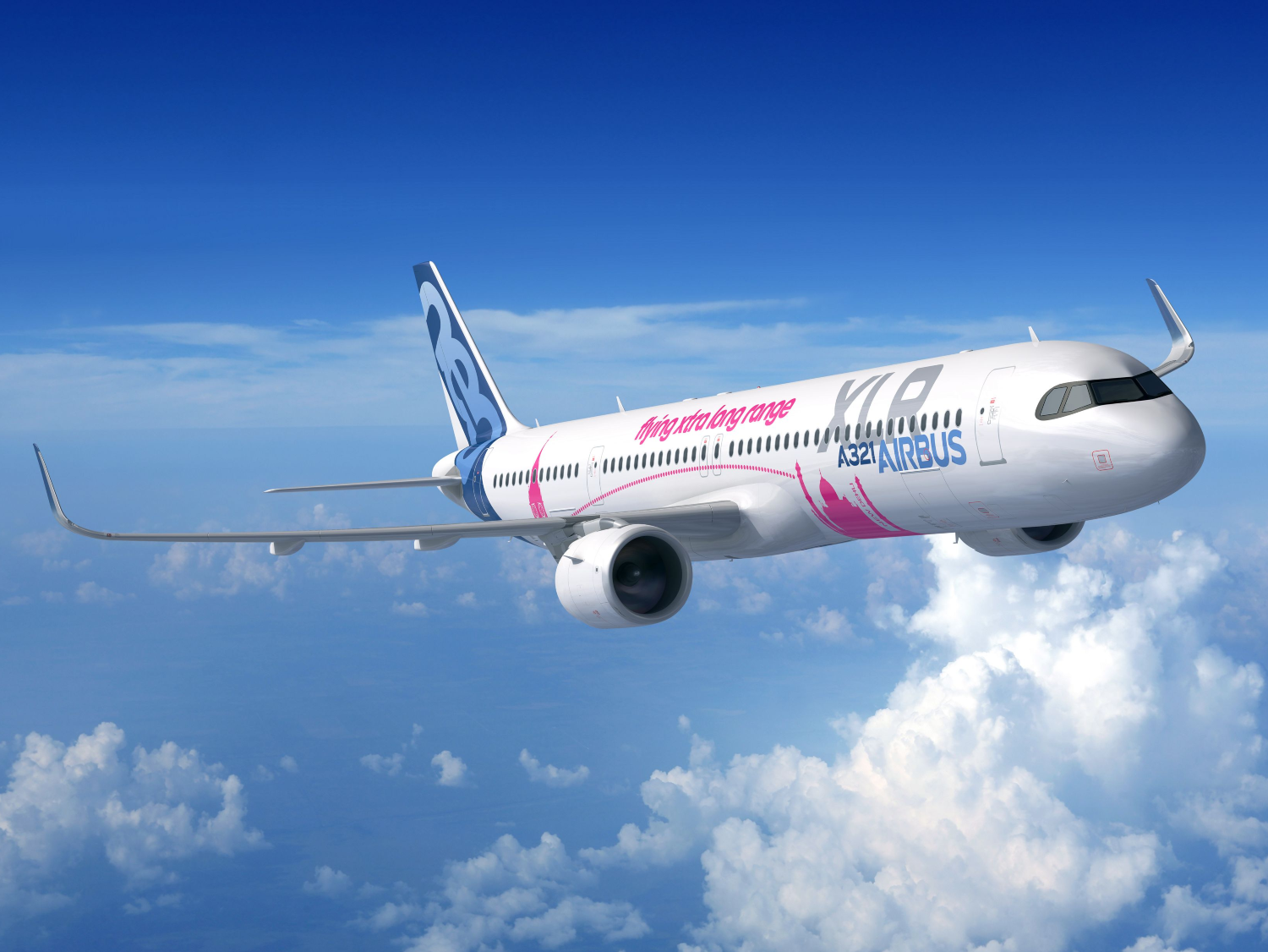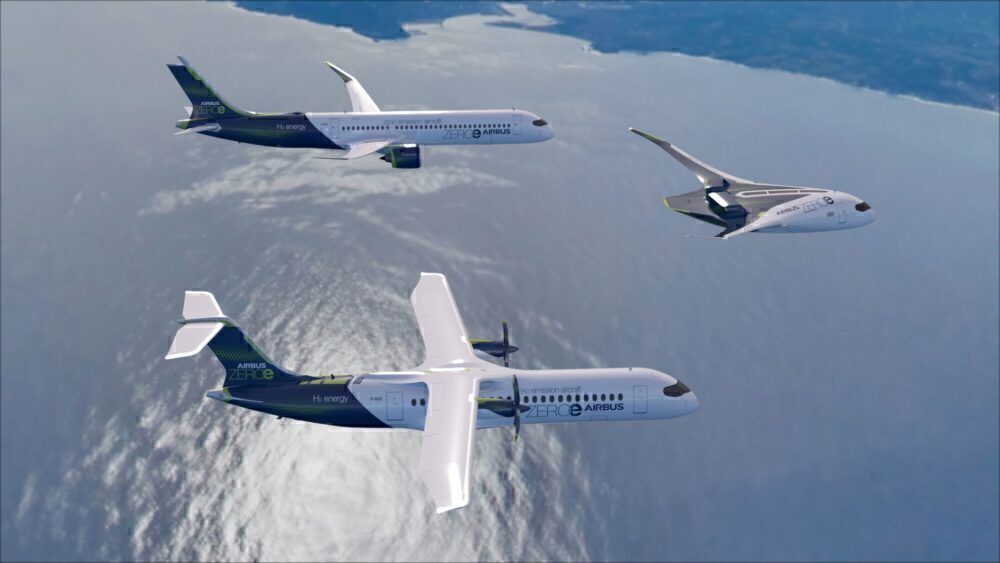Airbus calls climate change the greatest challenge of our generation. The aircraft manufacturer notes carbon-neutral aviation is not only possible but achievable within our lifetime. Airbus is making concerted efforts to reduce the carbon footprint of its planes and aims to produce a zero-emission commercial aircraft by 2035. That's still a few years off but, in the meantime, Airbus is happy to talk about the carbon footprint of its current aircraft deliveries.
Airbus reveals the environmental impact of its aircraft
Many big businesses are normally reluctant to provide hard data on their products’ environmental impact. But having climbed onboard the environmental bandwagon, Airbus surprised many observers last week when it did just that.
“We really want to demonstrate our commitment to driving decarbonization of the sector,” Julie Kitcher, Airbus Vice President of Corporate Affairs, was reported as saying in The Guardian. Ms Kitcher was discussing the lifetime carbon emissions of Airbus aircraft.
The Airbus executive said the manufacturer delivered 863 aircraft to customers in 2019. Assuming a flying life of 22 years, that's 740 million tonnes of CO2 left behind.
If that sounds like a lot, Airbus is quick to point out emissions are dropping, as new, more fuel-efficient, and environmentally sustainable planes take to the air. Reducing an aircraft's carbon footprint isn't a new target at Airbus. It has been shooting for that since 2000. Back then, Airbus began focusing its research and development issues on aircraft efficiency and cutting future CO2 emissions.
"We know that our love of air travel also comes at a cost," says Airbus. "The aviation industry represents approximately 2.5% of global human-induced CO2 emissions. But aviation is not the problem. Emissions are the problem."
The International Council on Clean Transportation (ICCT) says the average aircraft in the air today emits 90 grams of carbon emissions per passenger-kilometer. The average retirement age for commercial passenger aircraft in 2020 was 25 years. That means there's still a lot of older, gas-guzzling, high carbon-emitting planes in the sky.
Stay informed: Sign up for our daily and weekly aviation news digests!
Increasingly efficient Airbus aircraft cut see emissions trend down
But those 863 aircraft Airbus delivered in 2019 will emit an average of 66.6 grams of CO2 per passenger per kilometer. Ms Kitcher says that should drop to an average of 63.5 grams of CO2 per passenger kilometer in 2020. That's because the planes rolling off the Airbus production lines are increasingly fuel-efficient and lighter on emissions.
"We are convinced that carbon-neutral aviation is not only possible but achievable within our lifetime," says Airbus. That is a big call. But Airbus has committed to an industry-wide decarbonization movement. Part of that commitment includes capping net carbon emissions from aviation from 2020.
That means even though air travel may increase, carbon emissions will not. By 2050 Airbus also wants to see a 50% reduction in CO2 emissions. In practical terms, that will result in CO2 emissions running at half the 2005 emission levels.
It's not just up to Airbus
But Ms Kitcher points out it's not all up to Airbus. Suppliers, especially fuel manufacturers, have a big role to play in reducing carbon emissions. The Airbus executive said more work on sustainable fuels would greatly reduce future emissions levels.
"If we had 50% of sustainable aviation fuel going into our aircraft today, we could reduce the emissions of our aircraft flying already by 40%.”
There's more work to be done for Airbus to reach zero-emission commercial aircraft goals and reduce overall CO2 emissions. But as Ms Kitcher notes, Airbus is well on its way to doing so.
Are the environmental targets at Airbus achievable? Are they realistic? Post a comment and let us know.



